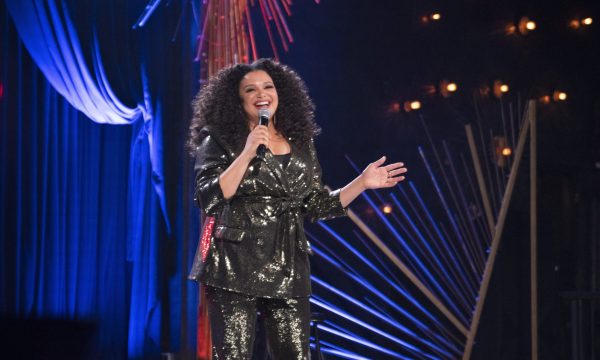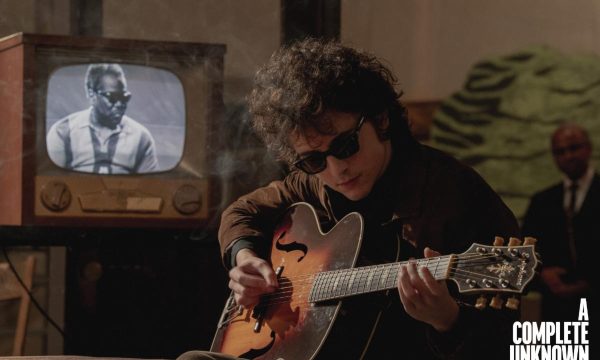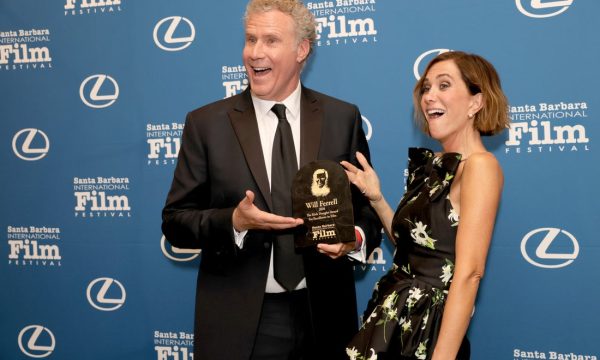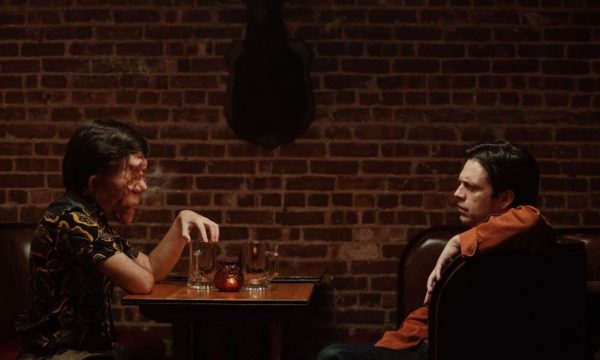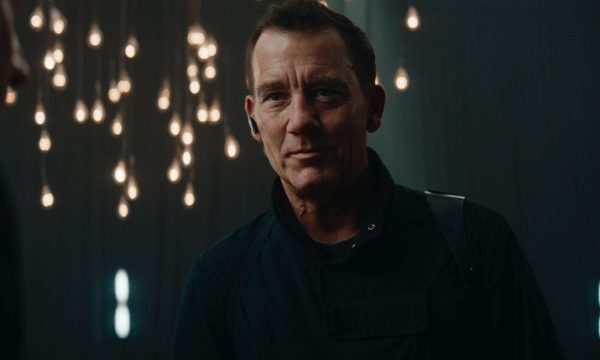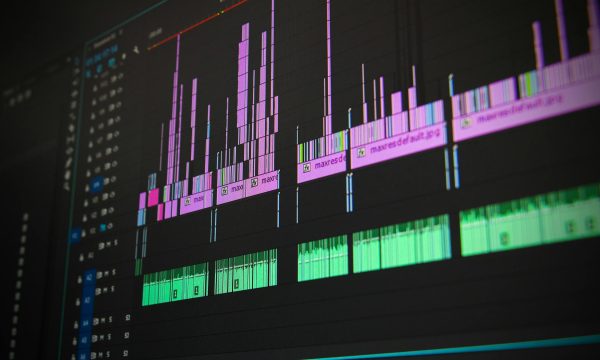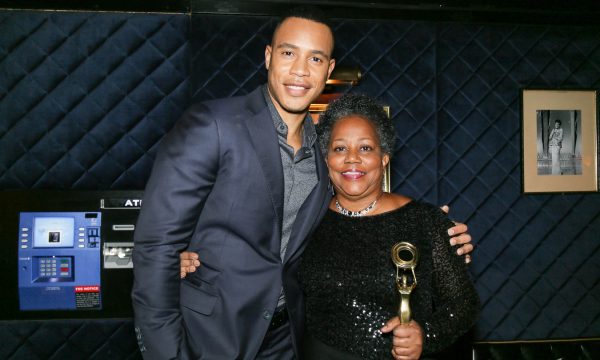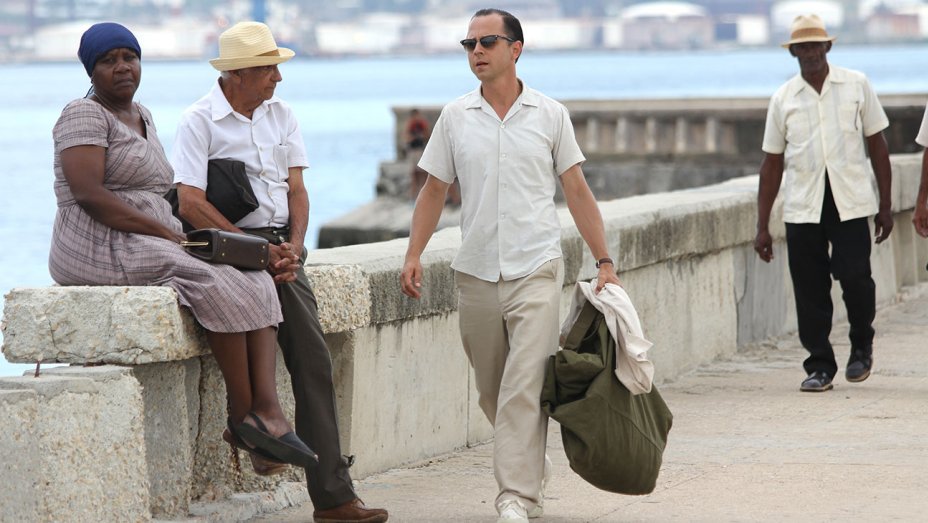 A Miami Globe reporter befriends Ernest Hemingway during the author’s troubled twilight years in “Papa: Hemingway in Cuba,” a bio-drama starring Adrian Sparks, Giovanni Ribisi, Joely Richardson.
A Miami Globe reporter befriends Ernest Hemingway during the author’s troubled twilight years in “Papa: Hemingway in Cuba,” a bio-drama starring Adrian Sparks, Giovanni Ribisi, Joely Richardson.
The first American film shot in Cuba since Castro’s Revolution, this agreeable if formulaic examination of the late author’s life through the eyes of his friend is elevated by handsome cinematography and an affecting performance by Hemingway lookalike Adrian Sparks. Although the screenplay, autobiographically written by late Hemingway pal Denne Bart Petitclerc, occasionally lapses into trite melodrama, it offers enough juicy anecdotes, intimate details and what-if scenarios about the influential novelist to satisfy audience expectations. Best suited for Hemingway enthusiasts, this modest directorial debut from Oscar-winning “Crash” producer Bob Yari is a far cry from a definitive biopic, but competently captures the author’s Cuban years and the personal struggles that led to his self-inflicted demise.
Largely set in the late ‘50s, “Papa” tells the tale of Ed Myers (Giovanni Ribisi), a self-educated orphan turned Miami Globe reporter who learned to write by studying Hemingway stories. Thanks to the urging of his reporter girlfriend (Minka Kelly), one day Ed sends Hemingway a letter voicing his gratitude for the influence he’s had on his life and career. Much to Ed’s surprise, he soon receives a phone call from Papa himself, who invites Ed to Cuba for a deep-sea fishing trip aboard his 38-footer, Pilar.
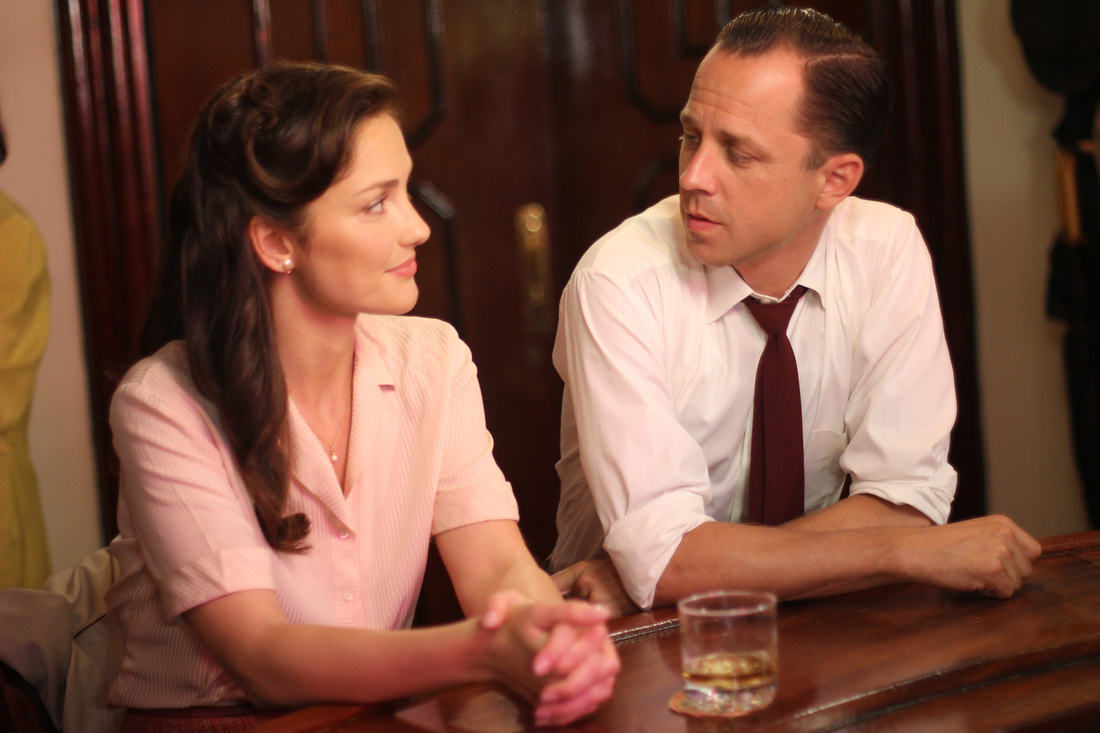 After a bro-mantic weekend, during which the pair bond over parental problems and war reporting, Ed is invited into Hemingway’s inner circle, which includes his strong-willed wife Mary (Joely Richardson) and his poet pal Evan Shipman (Shaun Toub). But after some quality time at the author’s Cuban retreat – and a few stops at his favorite local watering holes – Hemingway’s life in his adopted homeland is thrown into upheaval by the Cuban Revolution and allegations of treason from the US government.
After a bro-mantic weekend, during which the pair bond over parental problems and war reporting, Ed is invited into Hemingway’s inner circle, which includes his strong-willed wife Mary (Joely Richardson) and his poet pal Evan Shipman (Shaun Toub). But after some quality time at the author’s Cuban retreat – and a few stops at his favorite local watering holes – Hemingway’s life in his adopted homeland is thrown into upheaval by the Cuban Revolution and allegations of treason from the US government.
As Hemingway descends into paranoia and depression due to a combination of FBI surveillance, writer’s block and marital problems, Ed tries to reconcile the author’s mythic image with the tragic figure before him.
Although Ribisi’s Ed Myers is a surrogate for the late journalist-screenwriter Petitclerc, who in addition to this script also adapted the 1977 film version of Hemingway’s “Islands in the Stream,” he never comes across as much more than a stock character. Considering the late screenwriter expended most of his efforts on properly depicting his Nobel-winning friend in all his complicated glory, it’s understandable why his own character never rises above one-dimensional status, but it’s still a script deficiency. Along these lines, some of the dialogue also strikes the ear as far too on-the-nose, particularly as spoken by Hemingway, what with his tendency to speak in adages. One would think that a film about an author famous for his minimalistic “Iceberg Theory” of writing would follow its subject’s advice about dialogue and subtext.
 Although Giovanni Ribisi has consistently impressed since his dynamite lead debut in “Boiler Room,” due to the above-mentioned screenplay problems, his talents are basically wasted here. As the larger-than-life Ernest Hemingway, veteran stage actor Adrian Sparks capably reprises a role he previously took on back in 2005 in a one-man play also called “Papa.” From the physical similarities down to the actor’s depiction of the author’s emotional complexity, Sparks’ portrayal is uncanny in its preciseness. And as Hemingway’s loving but ill-treated wife Mary, Joely Richardson ably channels the mixed emotions that come with such a turbulent marriage.
Although Giovanni Ribisi has consistently impressed since his dynamite lead debut in “Boiler Room,” due to the above-mentioned screenplay problems, his talents are basically wasted here. As the larger-than-life Ernest Hemingway, veteran stage actor Adrian Sparks capably reprises a role he previously took on back in 2005 in a one-man play also called “Papa.” From the physical similarities down to the actor’s depiction of the author’s emotional complexity, Sparks’ portrayal is uncanny in its preciseness. And as Hemingway’s loving but ill-treated wife Mary, Joely Richardson ably channels the mixed emotions that come with such a turbulent marriage.
Elegantly produced but most suitable for the educational market, “Papa” offers an intriguingly personal look at Hemingway’s Cuba.
Running Time: 109 Minutes
Rated R for language, sexuality, some violence and nudity.




